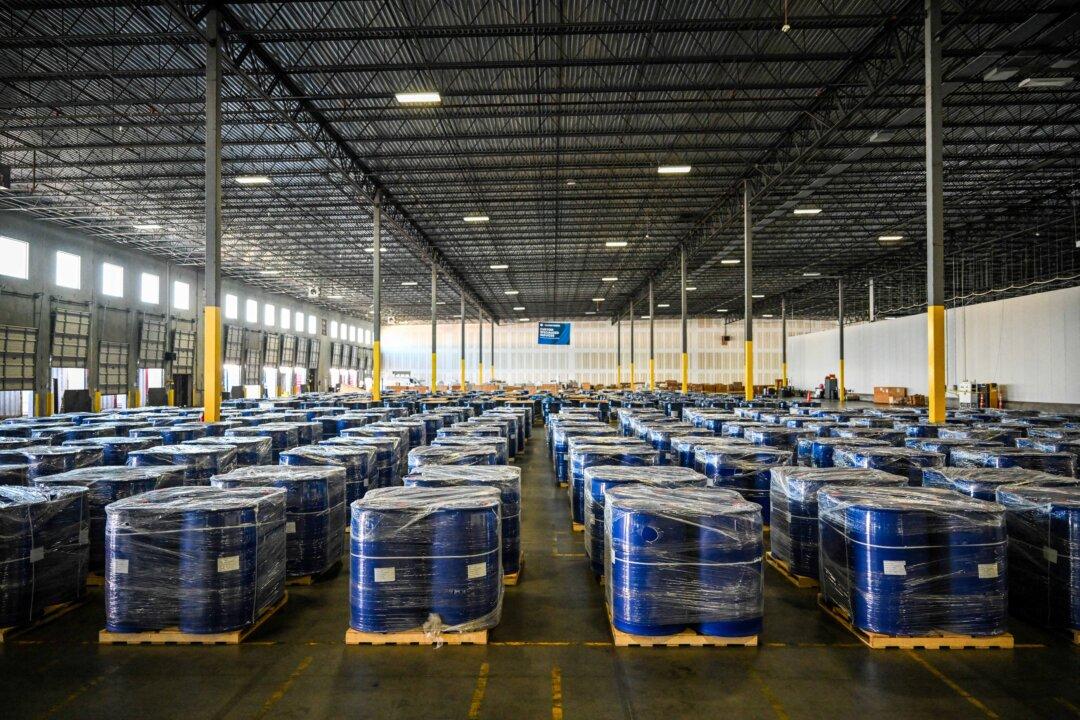Commentary
The recent stringent Environmental Protection Agency (EPA) carbon emissions standards for internal combustion engines defy economic realities. The EPA would have us believe that coercing folks to buy electric vehicles (EVs) will somehow reduce alleged climate change extremes. The new rules will negatively affect California and the entire nation.





